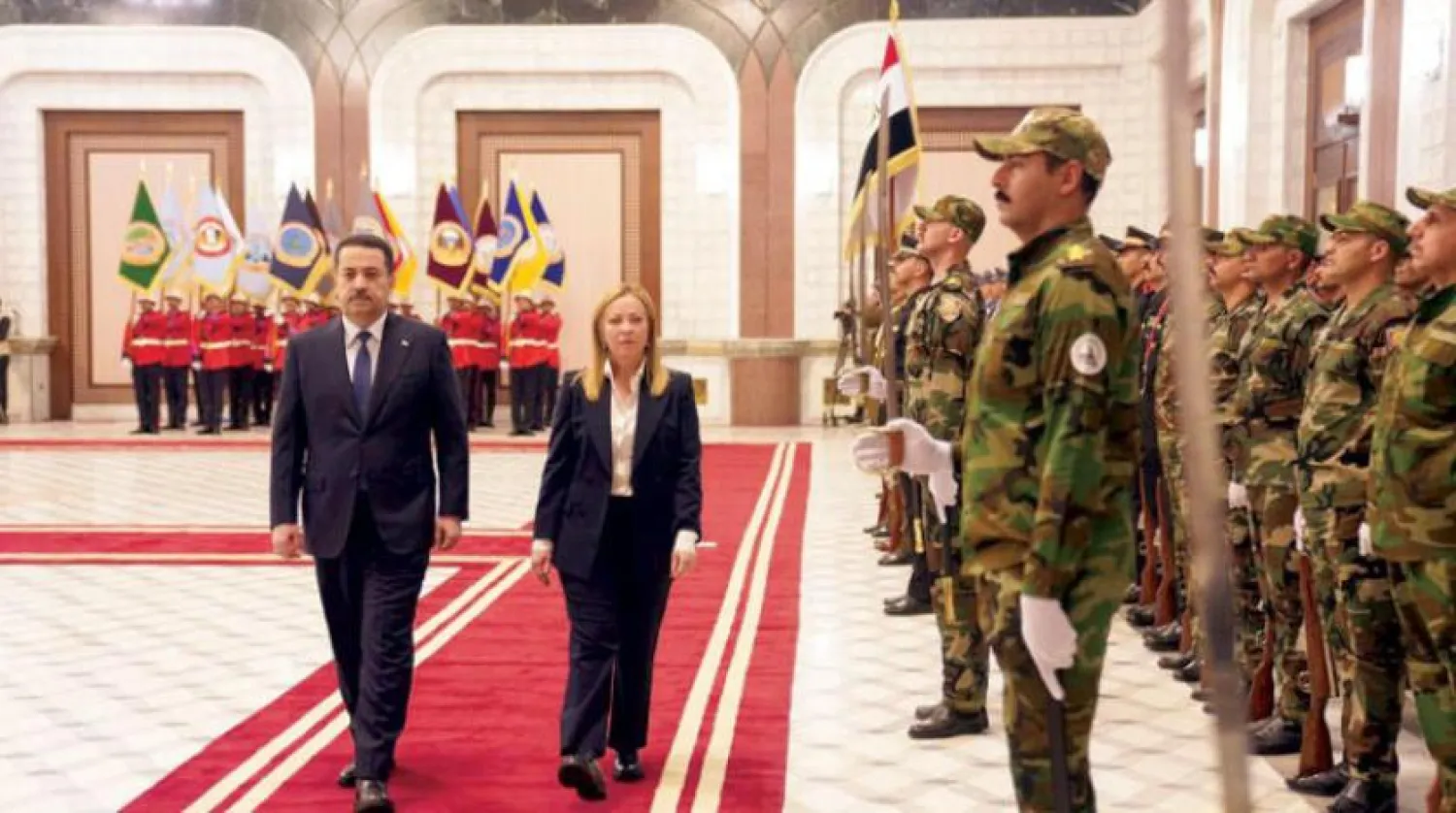Iraqi government request to transfer the files and data of the Accountability and Justice Commission to the judiciary in preparation for ending its work sparked a sharp political debate among the poles of the Shiite Coordination Framework.
The Commission is an extension of an institutional body known as the “de-Baathification” that was established by a law issued by the Coalition Provisional Authority, headed by US Governor Paul Bremer, in 2003 to uproot the leaders of the dissolved party.
Senior Iraqi sources told Asharq Al-Awsat that the government sent a request to the commission to send all of its data and archives to the judiciary.
A source in the Coordinating Framework confirmed that this request would pave the way for the dissolution of the commission, based on a political agreement that preceded the formation of the government.
Last month, Iraqi sources told Asharq Al-Awsat that the political forces that allied to form the current government had obtained promises from Prime Minister Mohammed Shia' al-Sudani, which include the elimination of the Accountability and Justice Commission.
For 17 years, the Iraqi Sunni forces have been demanding the abolition of the law or the deletion of articles that allow parties to exploit it in order to prevent Sunni candidates from running for Parliament.
Sunni party leaders have long criticized the commission’s mechanism of action and its delay in resolving hundreds of thousands of cases related to individuals who are designated by the law.
A leader in the Shiite Framework said that the decision to dissolve the commission came within the framework of a political agreement with the prime minister. Speaking on condition of anonymity, the Shiite politician noted that the Sunni forces did not stipulate the dissolution of the committee, but to transfer its legal functions to the judiciary and the secretariat of the Council of Ministers.
Iraqi Politician Intifad Qanbar said on Twitter that the prime minister’s decision to dissolve the commission was “null and unconstitutional,” stressing that such resolution “falls exclusively within the competence of parliament.”
The Iraqi Constitution stipulates that the commission is an “independent” entity, and that Parliament “has the exclusive right to end its mission by an absolute majority.”









